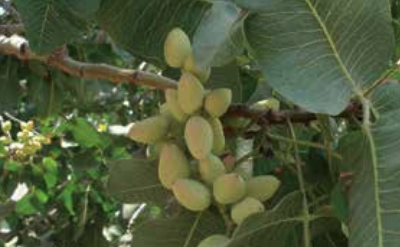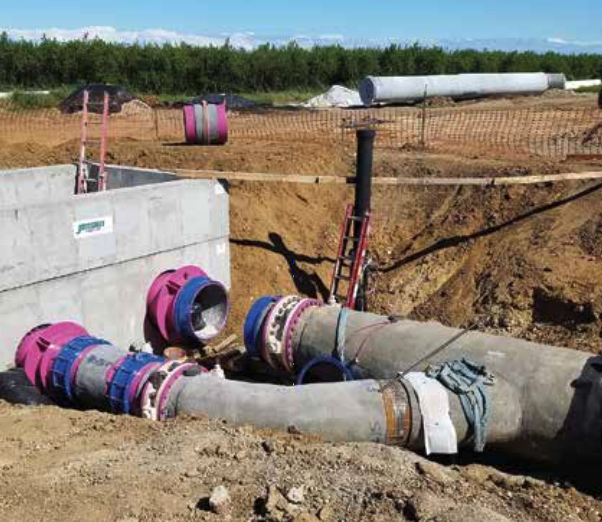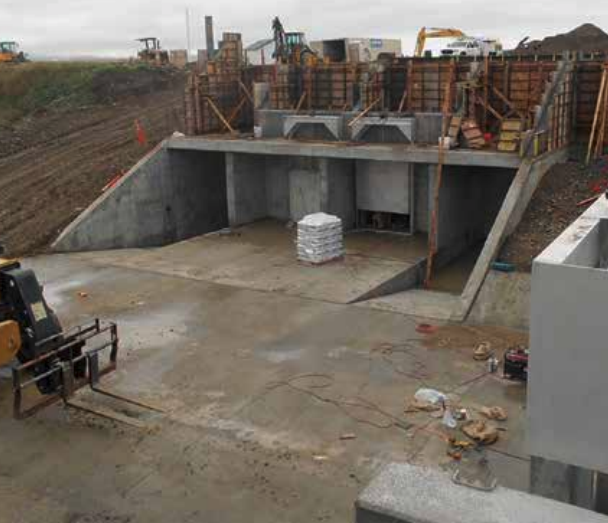In your home, you decide whether to install low-flow devices, what kinds of plants to have, or how often to do laundry. Californians take these and other water-efficiency decisions seriously because our water footprint affects everyone else.
The San Luis & Delta-Mendota Water Authority and its member agencies make water-efficiency decisions each year that impact the use of a trillions gallons of water provided to farms, homes, businesses, and wildlife refuges.
Learn more about the significant advancements in water conservation made by the Authority and its members, using innovative techniques and the latest technology to get the most out of every drop.

Agriculture
Water moved through Authority facilities serves the San Joaquin Valley’s irrigated agriculture industry, which is one of the most water efficient agricultural industries in the nation.
Currently approximately 1.2 million acres of highly-productive farmland receives water through the Authority.
These farms use high-tech irrigation practices to grow more than 60 high-value crops that make California the leading agricultural state in the nation. From fruits and vegetables, nut crops, dairy, beef, and fiber, our farmers manage water as efficiently as possible to make an enormous contribution to the domestic and export value of agriculture.

Municipal & Industrial
California’s Silicon Valley is the leading technology center in the nation. Home to some of the world’s top companies, this region depends on reliable water supplies to energize these successful businesses and communities.
The Silicon Valley depends on local, state, and federal water supplies, with federal supplies moving through infrastructure operated and maintained by the Authority.
Additionally, partnerships between Authority member agencies and local governments increase the quality and reliability of water supplies for disadvantaged communities in the San Joaquin Valley

Environment
California’s San Joaquin Valley is rich in wildlife diversity and habitat. It hosts over 300 species of birds and many other species of wildlife including Tule elk, mule deer, mountain lion, bobcat, coyote and many species of reptile and amphibians. This area contains one of the largest riparian forests in California, located at the San Joaquin National Wildlife Refuge. The Grasslands Ecological Area, in Merced County, includes the largest contiguous freshwater wetland in the western United States. Millions of migratory waterfowl and shorebirds overwinter here, making it one of the most important habitats in the Americas. Local partnerships between agricultural and environmental water managers help improve water supply reliability for both farms and wildlife areas.
Water Agencies are a Crucial Component in Efficient Water Management

